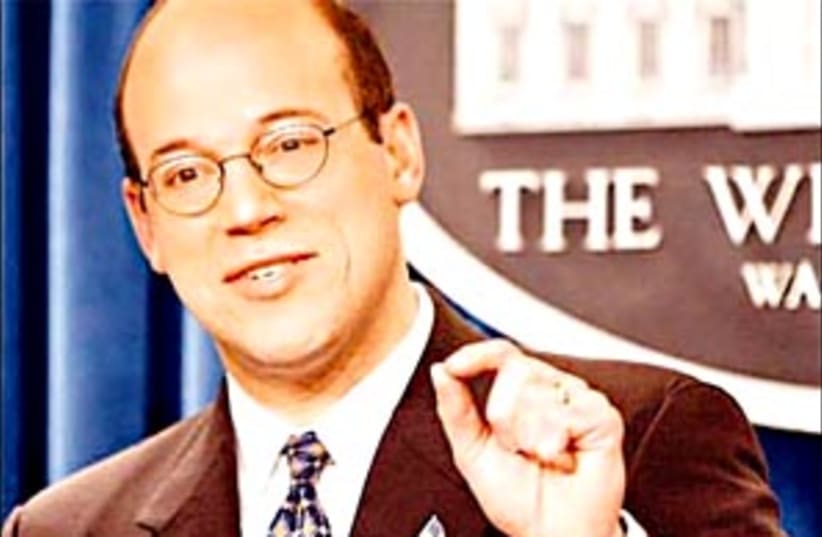| More about: | George W. Bush, Presidency of George W. Bush, Colin Powell, Iraq |
A chilly reception
In Taking Heat, former White House spokesman Ari Fleischer grumbles about a press corps unwilling to accept his statements at face value


| More about: | George W. Bush, Presidency of George W. Bush, Colin Powell, Iraq |